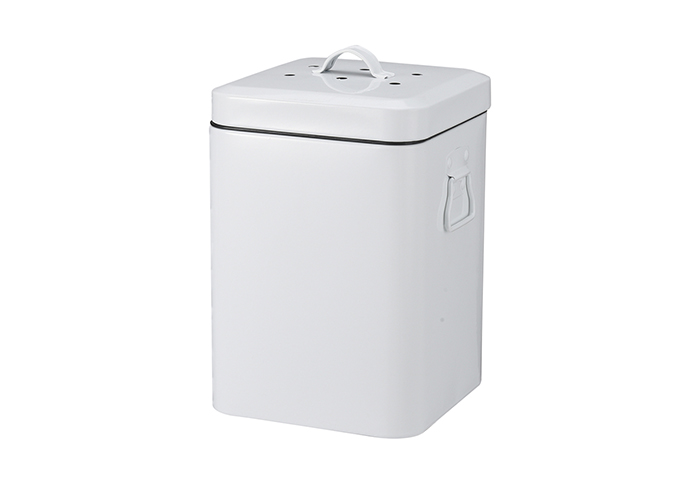How to choose a compost bin
Composting is a great way to turn organic waste into a valuable resource: compost. A compost bin is a key tool for composting, and choosing the right one can make all the difference in your composting efforts. Here are some tips to help you choose the perfect Compost bins for your needs.
Size Matters:
Consider the size of your composting needs. If you have a small garden or a limited amount of organic waste, a small compost bin may be sufficient. For larger gardens or more waste, you may need a larger bin to hold more material. Make sure the bin is large enough to hold your needs but not too large that it becomes difficult to manage. Learn more about What is a Compost Bin?
Material:
Compost bins are made from various materials, including plastic, wood, and metal. Each material has its pros and cons. Plastic bins are often lightweight and easy to clean but may not be as aesthetically pleasing as wooden bins. Wooden bins can be more attractive but may require more maintenance to prevent rot or warping. Metal bins can be sturdy and durable but can get very hot in the sun or rust over time. Choose the material that best suits your needs and aesthetic preferences.

Opening and Accessibility:
Ease of use is important when it comes to compost bins. Look for bins that are easy to open, close, and access for adding material or turning the compost. Lids that latch securely and handles that are easy to grip are key features to consider.
Ventilation:
Good ventilation is essential for effective composting. Bins that allow air to circulate freely will promote the decomposition process. Look for bins with ventilation holes or slats to ensure adequate airflow.
Drainage:
A drainage system can help remove excess moisture from the bin, preventing mold and odor issues. Some bins come with drainage holes or a bottom reservoir to collect excess water. Consider if this feature is important to you and choose accordingly.
Ease of Transport and Storage:
If you need to move your bin frequently or store it away when not in use, look for bins that are easy to transport and store. Lightweight bins with handles or wheels can make transportation easier, while collapsible bins can be stored more compactly when not in use.
In conclusion, when choosing a Compost bins, consider your composting needs, material, opening and accessibility, ventilation, drainage, ease of transport and storage. With these factors in mind, you'll be able to find the perfect compost bin that suits your requirements and makes composting hassle-free.
